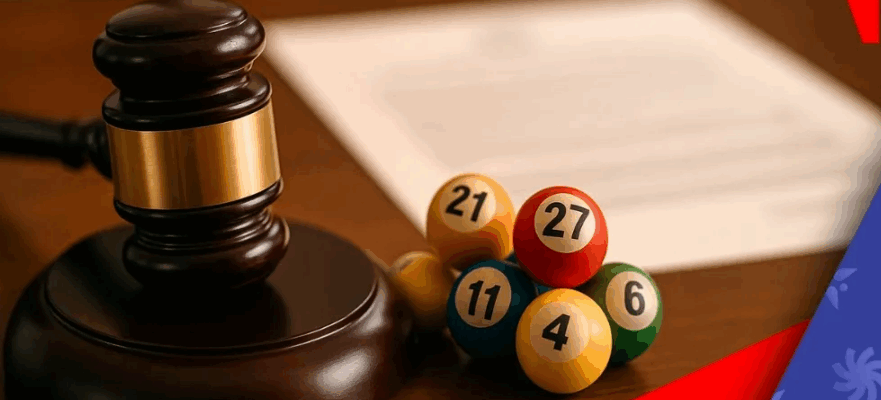The penalty followed an investigation launched after the company filed a key event report. UKGC found two violations of the Social Responsibility Code of Practice (SRCP):
UKGC Fine Against Tombola Raises Industry Eyebrows

Why Was Tombola Fined?
The penalty followed an investigation launched after the company filed a key event report. UKGC found two violations of the Social Responsibility Code of Practice (SRCP):
- SRCP 5.1.11 – Failures in securing proper consent for direct electronic marketing
- SRCP 3.5.3 (paragraphs 2 and 6) – Failures in remote gambling self-exclusion mechanisms
Specifically, the regulator cited instances where players were contacted without verifiable opt-in records, and where self-excluded individuals were not effectively prevented from re-accessing services.
While the UKGC acknowledged that the breaches were isolated and that Tombola responded swiftly with corrective measures, the Commission proceeded with financial enforcement under Section 121(1) of the Gambling Act 2005. The regulator also noted Tombola’s cooperative attitude during the investigation, which helped prevent further escalation.
Part of a Wider Enforcement Trend
This latest action comes in the wake of several high-profile enforcement cases:
- ProgressPlay was fined £1 million earlier this year over failings in anti-money laundering and safer gambling protocols.
- AG Communications, part of the Aspire Global group, reached a £1.4 million settlement over compliance issues.
While Tombola’s fine is smaller by comparison, the message is clear: no brand—regardless of reputation—is beyond regulatory reach. For medium-sized operators, the case is particularly instructive: strong compliance histories and market share do not exempt anyone from scrutiny.
Enforcement as Guidance
UKGC’s actions serve not only as punishment but as a blueprint for what is expected across the sector. The Tombola case underscores three critical priorities:
- Self-exclusion remains a key focus – Even “isolated” lapses can result in significant penalties.
- Consent mechanisms are non-negotiable – Proper user opt-ins for communications are essential, not optional.
- Cooperation helps but doesn’t excuse – Tombola’s responsive behavior was acknowledged, but it didn’t prevent a fine.
Lessons for Operators
Compliance teams should take Tombola’s experience as a clear directive:
- Follow the regulatory trend – The penalty reinforces UKGC’s intensified attention on safer gambling tools.
- Audit internal systems – Review and test your self-exclusion and consent flows proactively.
- Educate teams across departments – Ensure CRM, payments, and player protection staff understand the stakes.
Recent Posts
- Beyond the Basics: Introducing the Hi-Lo Card Counting System
- The Pillars of Profitable Blackjack: Discipline Over Dreams
- Zodiac Horoscope for February 4, 2026 – Wednesday’s Astrological Insights
- Roulette Betting Systems: Balancing Risk and Reward
- Mastering Blackjack: A Strategic Approach to Consistent Wins
Recent Comments












